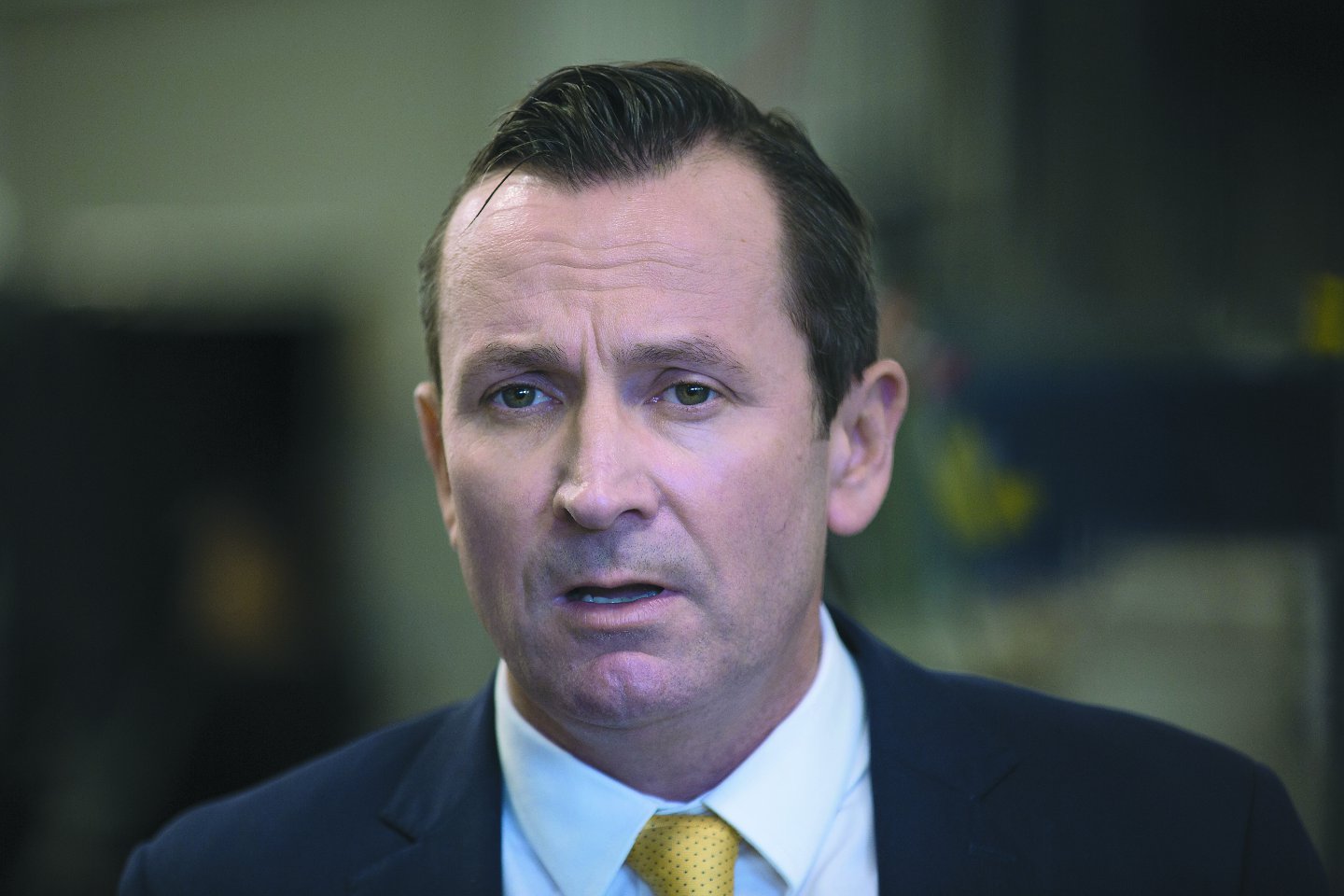ANNIVERSARY SPECIAL: A boom-bust economic cycle and wrangles over GST funding are two of the challenges to have faced WA’s political leaders over the past 25 years. This article is part of a special series to mark Business News' 25-year anniversary.


ANNIVERSARY SPECIAL: A boom-bust economic cycle and wrangles over GST funding are two of the challenges to have faced WA’s political leaders over the past 25 years. This article is part of a special series to mark Business News' 25-year anniversary.
Three Labor and two Liberal premiers have guided Western Australia during the past 25 years of relative political stability, a period that contrasts sharply with the economic extremes of the biggest boom in the state’s history and the tough times that followed.
And tax, or more specifically the GST, which was initially promoted as simply a ‘consumption tax’, has been a constant issue through this period.
Richard Court led the Liberal-National Party coalition back to power in 1993 after 10 years under Labor, which produced the ‘WA Inc’ years.
The Labor Party – specifically premier Brian Burke – got far too close to sections of the business community.
Taxpayers’ money was squandered.
Symbolically, Mr Court was ideally suited to restore the state’s standing as a safe place to invest.
As the fourth son of Sir Charles Court- the minister for industrial development (1959-71) and premier (1974-82) who presided over massive investments in the state’s resources sector – Mr Court inherited a reputation of competence and stability.
And he delivered.
It wasn’t easy.
There was the fallout from the royal commission into the previous government’s business dealings, which the last Labor premier of that era, Carmen Lawrence, had rightly initiated.
Two former premiers, Mr Burke and Ray O’Connor (Liberal) served jail terms, as did a former Labor deputy premier David Parker.
Money was tight. So Mr Court embarked on a privatisation agenda.
Public sector assets to be sold off included Bankwest, the SGIO, Alintagas, and the country freight railways.
But the biggest sale was the Dampier-Bunbury gas pipeline, which returned a windfall price of $2.4 billion. “The old boy built it and I sold it,” Mr Court told a function marking the 30th anniversary of the pipeline’s completion.
Geoff Gallop led a revitalised Labor Party back to power in 2001 with a promise to stop logging of old-growth forests and reform the hospital system.
His government also re-routed the proposed Perth-Mandurah railway, discarding a loop through Canning Vale proposed by Mr Court in favour of entering the city via the Narrows Bridge and a tunnel under William Street.
The economy started to improve, fuelled by higher prices for iron ore and LNG exports, as China’s growth rate accelerated. The Chinese and WA economies were the perfect fit.
Dr Gallop initiated several reforms aimed at indigenous people, and despite opposition from environmentalists, embarked on the first desalination plant at Kwinana to counter falling dam levels. His sudden resignation in January 2006 paved the way for former journalist Alan Carpenter to succeed him.
Mr Carpenter started well but unwisely lifted a ban imposed by Dr Gallop on ministers dealing with Mr Burke and a former Labor minister Julian Grill, who had formed a highly successful lobbying partnership.
Several ministers also fell foul of the Corruption and Crime Commission. Three were sacked in quick succession, upsetting government stability.
Significantly, Mr Carpenter negotiated a requirement for LNG producers to earmark 15 per cent of their product for local consumption, a decision held up as a model for governments in the east to emulate.
But his political judgment deserted him in 2008.
The day after the Liberal Party restored Colin Barnett – who had been planning his retirement from politics – to the leadership, Mr Carpenter opted for an unprecedented snap poll.
A hung parliament was the result. Mr Barnett negotiated a deal with the National Party to form government, and gave independent MP Elizabeth Constable the education portfolio.
Mr Barnett’s return proved, initially, to be fortuitous.
He had to deal with a federal Labor government led by Kevin Rudd, which was keen to intrude on traditional state responsibilities, as well as the fallout from the GFC.
His ministerial experience in the Court government proved invaluable.
Mr Barnett also initiated plans for an LNG hub at James Price Point north of Broome, and a deepwater port at Oakajee, north of Geraldton.
The LNG hub plan, which included significant employment opportunities for indigenous workers, stirred opposition from environmentalists and Woodside Petroleum opted instead for a floating LNG platform. Lower iron ore prices made the Oakajee plan uneconomic.

Colin Barnett’s government undertook an on ambitious public works program. Photo: Attila Csaszar
The Barnett government was comfortably returned in 2013, but concerns over its financial management led to the loss of the state’s coveted AAA credit rating.
With a declining share of GST revenue being returned to the WA, debt mounted and the budget slid into deficit.
At the same time the government was committed to ambitious infrastructure spending.
The building of the Fiona Stanley Hospital was followed by the Perth Children’s Hospital.
The Perth Stadium was given the green light, as was the sinking of the railway west of the Perth station, providing a long-awaited link between the CBD and Northbridge.
An underground bus station, new museum and the Forrestfield rail link were also approved.
But this was not enough to save the Barnett government in the March 2017 election.
After almost 8.5 years Labor, led by Mark McGowan, scored a stunning victory, winning 41 of the 59 Legislative Assembly seats.
One of Mr McGowan’s first decisions was to apologise for breaking a promise of no new taxes, as he embarked on a strategy of budget repair.
This included a tight rein on government spending and cuts in the public sector workforce. But the ambitious Metronet suburban rail network was endorsed.
Luck might be on Mr McGowan’s side. Prime Minister Scott Morrison agreed to a new deal on the GST under which WA will receive a vastly better return after years of agitating.
Federal Liberal leader John Hewson had first promised a consumption tax with his Fightback! package in 1993, but failed after withering attacks by then Labor PM Paul Keating.
John Howard’s government eventually introduced the GST in 2000.
The new formula initiated by Mr Morrison could be the tonic needed to fast track getting the WA finances back to surplus and restoring confidence, especially in the retail and property markets. Ironically, Mr McGowan and his Labor team would be the beneficiaries.












